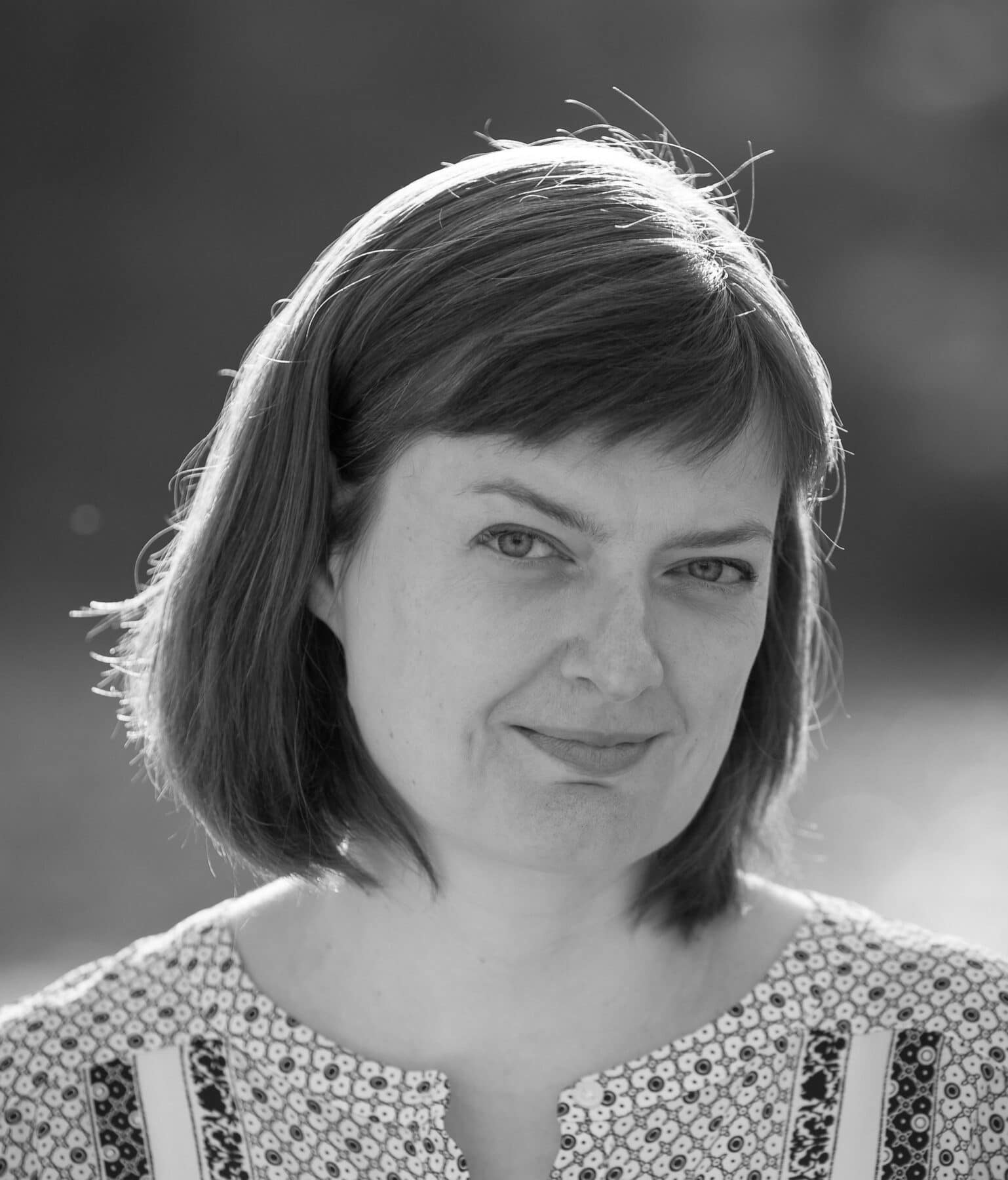Online Course
Approaching Mystery: Writing Flash Memoir about Wonder and the Unexplained
September 12 - October 16, 2022
Level Fundamentals
Capture the absurd or surreal quality of everyday life and tell a meaningful story in as few words as possible.
Additional Information
Flash poses a challenge: how to tell a meaningful story in few words.
This course will show you how the flash memoir form is particularly suited to representing the mystery of the writer’s mind. Even as it remains grounded in the reality of lived experience, flash memoir can capture the absurd or surreal quality of everyday life.
The short pieces you compose in this course could become foundations for longer works (essay/memoir) or remain stand alone “flash” pieces. Alternately, you could see them as writing practice, as a way to loosen up and access your creativity. You will explore the parameters and promises of creative nonfiction and how the particular conventions of the flash essay can be a rich source of inspiration.
In this course you will:
- FOCUS on judicious use of concrete detail, development of individual voice, and creation of character and scene through suggestion;
- ENGAGE in creative play and discovery, even as you delve into serious subjects;
- RECEIVE feedback from the instructor along the way; and by the end of the course; and
- DEVELOP a portfolio of flash pieces or a longer essay composed of shorter vignettes.
Course Schedule
Week 1: Childhood Scenes: Image as Anchor and Key
Examine the mystery of childhood memories, using associations with specific objects and concrete details as a “way in” to memories and their creative re-telling. In her book What It Is, Lynda Barry discusses the numinous quality of everyday objects for children. Barry explains that recalling the emotional quality you associate with specific objects and scenes from childhood can help you unlock your creative expression as an adult. You will examine these ideas, as well as works by Jo Ann Beard and Joe Brainard, then write on your own childhood recollections, using sensory detail as an entry point.
Week 2: Secrets, Slippage, and the Mystery of the Everyday
This week focuses on dealing with memories and stories that involve secrets or elements of the unexplained. How do you tell the truth about a family story in which there are holes? How do you represent a memory in which some element of the unexplained remains? Using models from the writing of Eudora Welty, Abigail Thomas, Elizabeth Bishop, and others, you will work on strategies for foregrounding and inhabiting uncertainty as a creatively rich space from which to write.
Week 3: Memory, Grief, and Wonder
Examine how you can draw the reader in to difficult subject matter using different levels of diction, from the colloquial to the more lyrical. How can you invite readers in with an intimate, engaging writerly voice, using the specificity of our language to recreate experiences of grief and wonder? You will explore work by writers such as David Sedaris, Jo Ann Beard, Eleni Sikelianos, Jessica Mesman Griffith, and Lucia Perillo as you develop your own awareness of voice while exploring challenging material.
Week 4: Memoir, the Surreal, and the Writer's Mind
Even nonfiction writers can incorporate a loose, associative quality —for example, through the use of speculation, fantasy, or daydreams—without breaking the reader’s trust in the accuracy of a story. Even as it remains grounded in the reality of lived experience, flash memoir can capture the absurd or surreal quality that everyday life can take on. You will answer the question, “How is the flash memoir form particularly suited to representing the writer’s mind?”
Week 5: Locating the Self / Jumping Off
Explore place and identity, examining the mysteries of belonging and not belonging. You will read and write narratives about location and how identity is shaped within and against it. You will also think about “jumping off” into projects that delight and draw you along. How can you find your own relationship to the flash memoir form? How will you make the genre your own? You will also address ways forward in this form, looking at books made up of flash pieces and discussing outlets for publishing.
Course Instructor
Hear from our Students
Creative Nonfiction’s online writing classes have helped more than 3,000 writers tell their stories better.
Read Success StoriesTestimonials
I enjoyed reading other peoples work and getting feedback about my own work– the handouts/video links and class lessons were also very informative and relevantly paced to the give structural guidelines.
Catherine O’Neill


